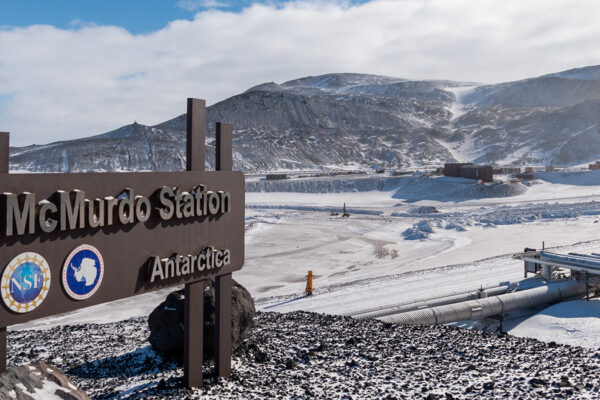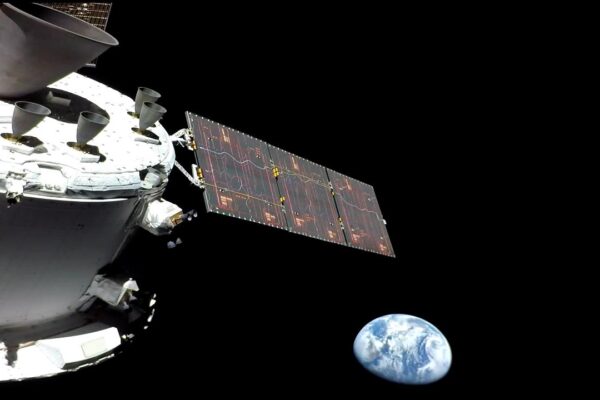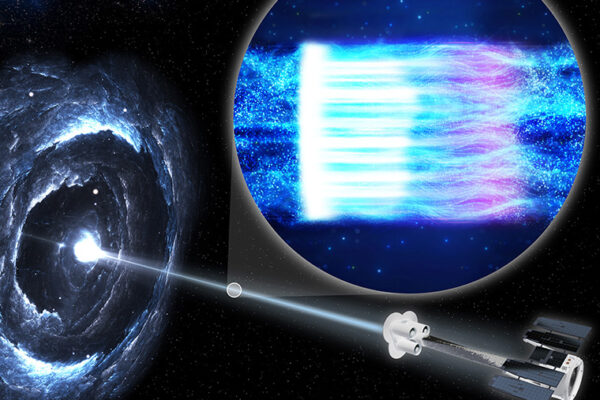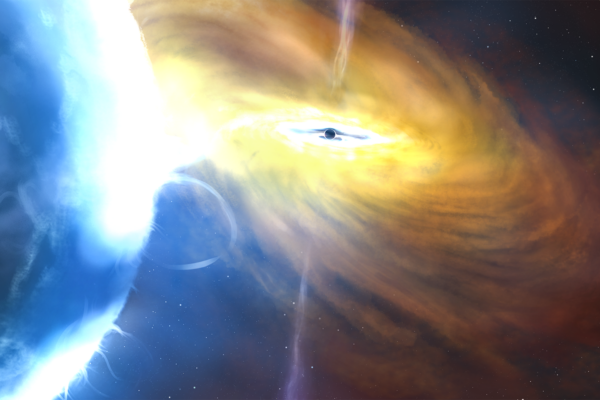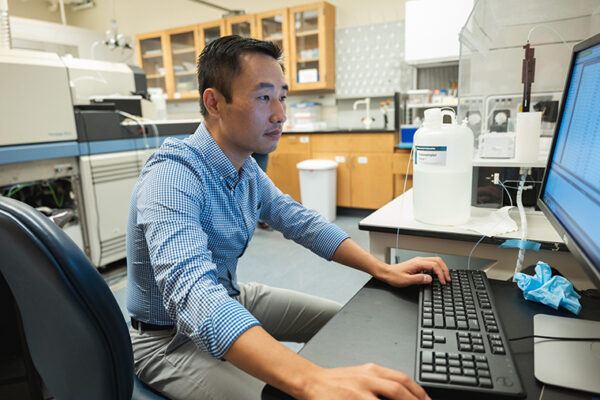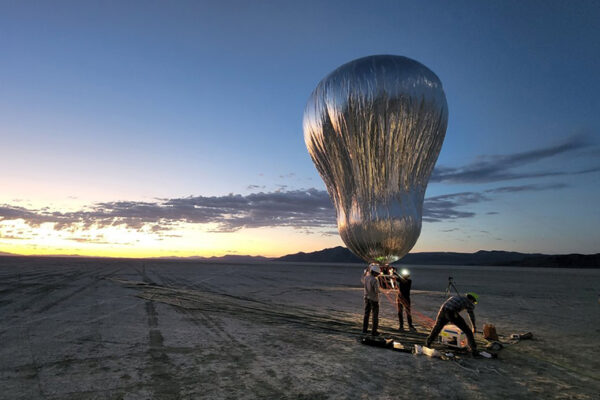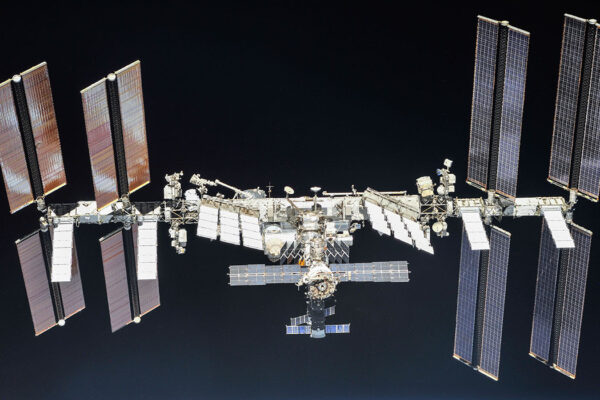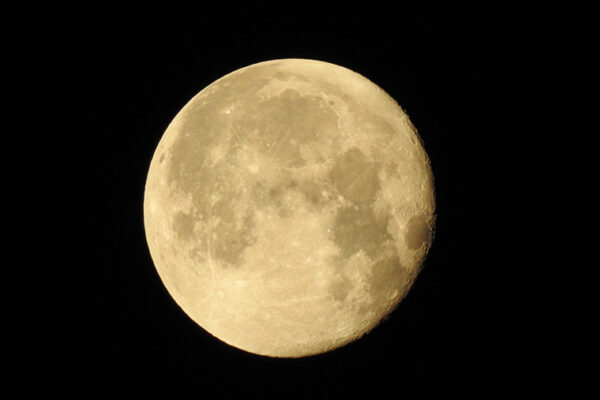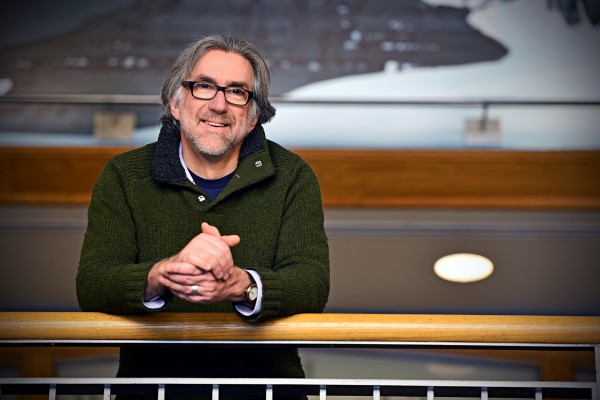Back to Antarctica with SPIDER
Physicist Johanna Nagy in Arts & Sciences chases traces of “the beginning of the universe” using a balloon-borne instrument that will be launched in the next few weeks.
To the Moon and back
A first-person account from NASA Flight Director Fiona Turett, BSME ’09, on how she approaches her work leading teams of flight controllers, engineers and professionals on missions like Artemis I.
Physicist Errando helps NASA solve black hole jet mystery
Manel Errando in Arts & Sciences is part of a team that determined that particle acceleration within black hole jets is best explained by a shock wave within the jet.
Polarized X-rays reveal shape, orientation of extremely hot matter around black hole
New measurements from Cygnus X-1, reported Nov. 3 in the journal Science, represent the first observations of a mass-accreting black hole from the Imaging X-Ray Polarimetry Explorer (IXPE) mission, an international collaboration between NASA and the Italian Space Agency. The lead author of the new study is physicist Henric Krawczynski in Arts & Sciences.
Cosmochemist Wang to study samples from asteroid Bennu
Kun Wang, in Arts & Sciences, was selected for NASA’s OSIRIS-REx Sample Analysis Participating Scientist Program. NASA’s OSIRIS-REx mission will bring material from a near-Earth asteroid, Bennu, back to Earth in 2023.
Venus balloon prototype aces test flights
Paul Byrne, associate professor of earth and planetary sciences in Arts & Sciences, is a science collaborator for a prototype aerial robotic balloon, or aerobot, built by NASA’s Jet Propulsion Laboratory and the Near Space Corp.
TIGERISS roars toward space station spot
Physicists from Washington University in St. Louis are developing a new experiment as part of NASA’s Astrophysics Pioneers Program. Brian Rauch in Arts & Sciences is leading the effort, which will investigate the origins of heavy elements in the universe and has a $20 million cost cap.
Artemis launch brings us closer to space exploration goals
On Monday, Aug. 29, NASA plans to launch its Orion spacecraft from the world’s most powerful rocket for a trip around the moon. Lunar scientist Bradley L. Jolliff in Arts & Sciences explains why the Artemis mission represents the next great leap in human exploration of space.
VanBommel receives NASA funding
Scott VanBommel, a senior scientist in earth and planetary sciences in Arts & Sciences, received $284,827 in funding from NASA.
McKinnon receives funding from NASA, JPL
William McKinnon in Arts & Sciences received a $164,255 award from NASA and the California Institute of Technology’s Jet Propulsion Laboratory to support his work on a project to study Jupiter’s moon Europa.
Older Stories
